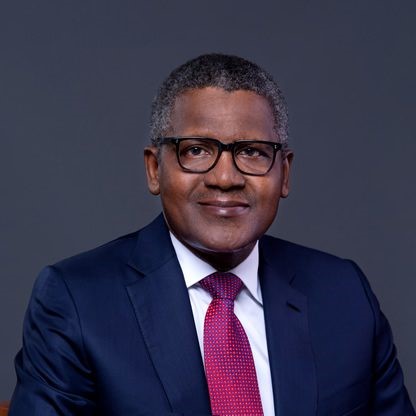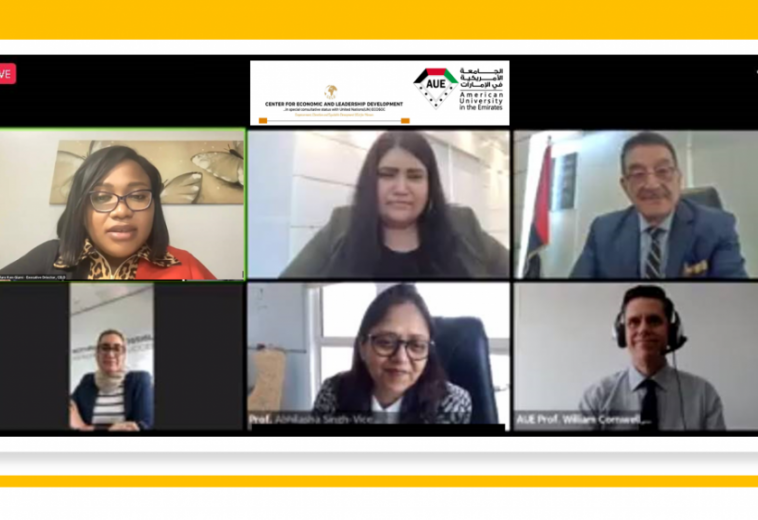The interaction between democracy and the military has had major repercussions in terms of influencing nations’ political landscapes. Africa, in particular, has witnessed a complicated and dynamic interplay between these forces, with varied degrees of success and difficulty. This article examines the continent’s road toward democratic governance. Providing attention to nations where democracy thrives and those where military intervention obstructs progress. There is a good paradigm shift in African governance that bans the undesirable military seizure of authority anywhere in Africa. By thoroughly scrutinising Ghana’s and Botswana’s achievements, as well as Mali’s and Sudan’s challenges, new insights on the benefits of democracy and the drawbacks of military engagement in governance emerge.
The Benefits of Democracy
Facilitating Peaceful Power Transitions
Through electoral processes, democracy promotes stability and continuity, allowing for the peaceful transfer of power between governments. This process is driven by popular will rather than compulsion. Ghana is an example of a successful democratic transition, having gone through several since its return to democracy in 1992. Democracy is here to stay in Africa.
Defending Human Rights
Fundamental human rights and civil liberties are upheld and protected by democracy. Citizens in democratic regimes have the right to free speech, the press, and the assembly. This fosters an environment in which diverse viewpoints can be heard. Botswana is a model for its persistent dedication to human rights, exhibiting a firm adherence to democratic principles and a good record of civil liberties respect.
Making Accountability and Transparency a Priority
Democratic governments are answerable to their constituents for their acts and policies. Public officials are scrutinised and can be held accountable for their actions. This accountability culture encourages transparency in governance, thereby reducing corruption and increasing public trust. Botswana and Ghana’s efforts in eliminating corruption really demonstrates the good influence of democratic accountability.
Economic Development Stimulation
Economic progress thrives in a favorable environment fostered by democracy. Democratic governments can establish and implement policies that prioritise long-term economic development and social welfare through inclusive decision-making procedures. Ghana’s recent economic prosperity, which has been driven by democratic governance and a stable political landscape, demonstrates the favourable relationship between democracy and economic development.
Encouragement of Social Cohesion and National Unity
It fosters social cohesion and national unity by encouraging active involvement in the political process from diverse social and ethnic groups. Democracy fosters inclusivity and reduces social differences by giving marginalised populations a platform to express themselves. African democratic nations have achieved significant progress in building unity and inclusiveness, resulting in social stability and national peace.
Military Involvement in Democracy/Government Has Drawbacks
Civil Liberties are being eroded.
Civil freedoms and human rights are frequently jeopardised under military administration. Military regimes stifle dissent and limit freedoms of expression, press, and assembly. The experiences of Mali, Sudan, and Ivory Coast, all of which have had periods of military administration, highlight the deterioration of fundamental liberties under such regimes.
Accountability and transparency are lacking.
Military governments are sometimes lacking in accountability and openness. Decisions are taken in secret, resulting in a lack of trust in the government. Transparency stifles economic development and can breed corruption and nepotism.
Political unrest and insecurity
Military interference in government can lead to political instability and unrest. Power shifts that occur abruptly and frequently destabilise the democratic process, impeding social and economic progress. Recent issues faced by Mali, Sudan, and Ivory Coast highlight the challenges created by military engagement in government.
Economic Stability
The military authority has the potential to stifle economic growth and development. In the lack of democratic institutions and inclusive decision-making procedures, efficient economic planning is hampered, discouraging foreign investments. Military interference in political matters has caused economic stagnation in countries such as Mali, Sudan, and Ivory Coast.
Isolation on a Global Scale
Because of their undemocratic nature, military administrations frequently face international isolation and penalties. This isolation impedes diplomatic interactions, foreign aid, and trade opportunities, increasing the country’s economic problems. Mali, Sudan, and Ivory Coast’s problems shed attention on the effects of international disengagement induced by military dictatorship.
A Look at Africa’s Thriving Democracies and Struggling Nations
Ghana
As an African democracy, Ghana has effectively positioned itself as a guiding light. She has held multiple peaceful elections and successfully transferred power since its transition to multiparty democracy in 1992. The country has achieved tremendous progress in supporting human rights, stimulating economic development, and ensuring political stability.
Botswana
Botswana is well-known for its strong democratic administration. Through frequent elections and maintaining the rule of law, it has attained extraordinary political stability. Botswana’s persistent commitment to democracy has resulted in outstanding economic growth and good natural resource management. When the entire continent is viewed through the lens of democratic elections and government, this act of governance represents a paradigm change.
Nations in Crisis
Mali
Mali has faced major political issues, such as military coups and armed battles. These disturbances have hampered the country’s democratic and stable development. Interference by the military in government has caused political upheaval, stifled economic development, and exacerbated social tensions.
Sudan
Sudan has had a turbulent political history, characterised by military rule and civil wars. Despite recent democratic revolutions, Sudan is still dealing with the legacy of military intervention in government. The military’s involvement complicates the establishment of solid democratic institutions and the protection of civil liberties. The country seeks long-term stability and inclusive administration. The military’s continuous engagement has thrown the country into an avoidable state of anarchy, costing countless lives and property.
The Need for a Democratic Africa
Democracy has had a good impact on Ghana’s and Botswana’s economic development. Since democratic government attracts foreign investment, encourages economic growth, and facilitates effective resource management through cultivating stable political settings. These consequences are uncommon under military authority and greed and corruption is often the motivation behind it. The blame for a variety of issues, including political insecurity, corruption, socioeconomic grievances, and power rivalries among the ruling elite is on military coups in African countries. These elements all lead to the deterioration of democratic institutions, with human rights being the first casualty of military rule. Military involvement in government frequently results in violations of human rights, restrictions on civil freedoms, suppression of free expression, and oppressive measures against dissenting voices.
Struggling nations, on the other hand, have the potential to transition to democracy by creating an inclusive political environment, developing democratic institutions, encouraging civil society participation, and ensuring transparent and trustworthy elections. The international community is critical in assisting African states in upholding democratic norms. International help fosters democratic growth by assisting in institution-building, supporting good governance, along with giving technical skills. Financial assistance, diplomatic engagement, and capacity-building programmes also help to strengthen democratic processes in troubled countries.
Bottomline
Nonetheless, the ultimate responsibility for each nation’s government style rests with its people. African nations must recognise that military governance strains their relationships with the international world. Because of their contempt for democratic values and human rights, undemocratic regimes frequently suffer isolation, sanctions, and limited diplomatic engagement. This, in turn, impedes economic progress, foreign aid, and regional and global cooperation.
Africa’s path to democracy has since been marked by a combination of accomplishments and setbacks. Ghana and Botswana are vibrant democracies that demonstrate the benefits of democratic governance in terms of stability, economic progress, human rights, and accountability. However, Mali and Sudan’s challenges have cast light on the drawbacks of military engagement in administration, such as the degradation of civil freedoms, political instability, economic stagnation, and diplomatic isolation.
As African countries progress toward democracy, it is critical to learn from both successes and setbacks. Fostering inclusive political settings, developing democratic institutions, and encouraging transparency as well as accountability are all part of this. African countries may realise their full potential by embracing democracy, assuring sustainable development, respect for human rights, and a brighter future for their population.


